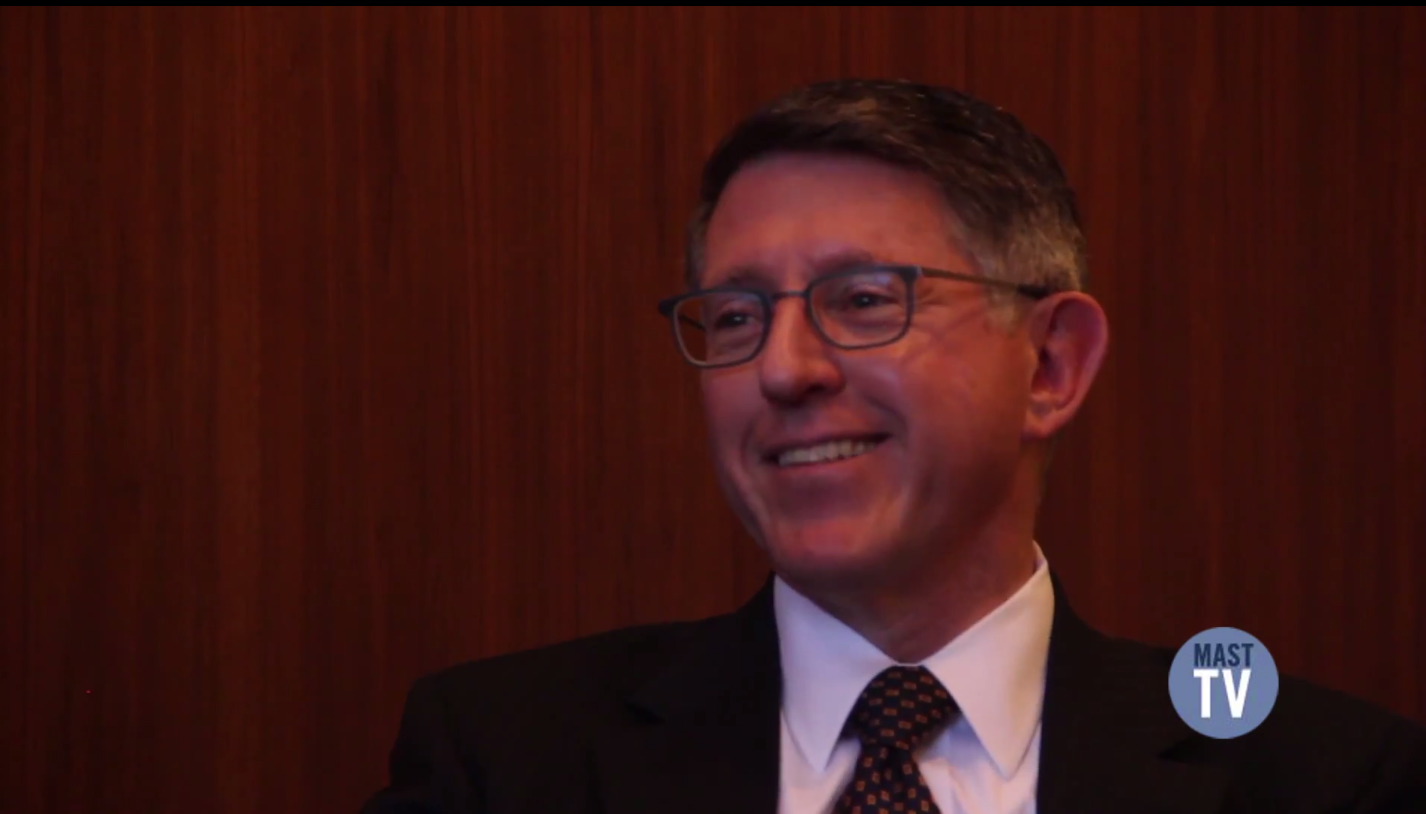LIBBY POSTVOIT; Copy Editor: postovlg@plu.edu
After losing Indiana’s primary in a landslide to Donald Trump on May 3, presidential candidate Ted Cruz announced that he was leaving the presidential race for good. This currently leaves only two Republican candidates in the running for the party nomination: Ohio State Senator John Kasich and business magnate Donald Trump.
“With a heavy heart but with boundless optimism for the long-term future of our nation, we are suspending our campaign,” Cruz told his supporters. Two Lutes on polar opposite sides of the political spectrum had plenty to say about Ted Cruz’s unexpected departure and its implications for the presidential election. First-year Taylor Rost, co-founder and co-president of the College Republican club, and first-year Haedon Brunelle, ASPLU senator and Bernie Sanders supporter, were both surprised.
“I was expecting Trump to win Indiana, but I had no idea that Cruz would drop out after losing,” said Brunelle. “Especially because he just announced Fiorina would be his VP.” He suggested that Cruz leaned too heavily on Fiorina to overcome Trump’s strong lead in Indiana.
Brunelle noted that now that Cruz will not participate in an open convention, it is mathematically impossible for him to become president. “I believe the results from Indiana made him think that there’s no chance of an open convention. But if I were him, I wouldn’t have dropped out.”
“Cruz leaving was kind of out of the blue,” said Rost. “I knew he was on a narrow path, but I thought he had it in that state.” She had hoped that Cruz would go on to challenge Trump’s lead.
Rost expressed concern that now that Cruz has officially left the race, Trump is likely to be the Republican nominee. “I’m not a big Trump fan, so I’m hoping people will think, ‘We’ve lost a great conservative. What do we do next?’ We have to do something different. I hope it opens people’s eyes.”
When considering the remaining state primaries, Brunelle suggested that Cruz left the race prematurely. “Trump has the chances of getting West Virginia, a majority of California and New Jersey. If he won those states by about 2/3 or 3/4, Trump would still be about 50-100 short from getting the nomination, which would force an open convention. Cruz in my opinion would’ve won by landslides in the other states I mentioned.”
Rost anticipates that, come November, a difficult decision lies ahead. Though she intends to vote, she isn’t fond of Trump or Hillary Clinton, whom she believes will win the Democratic nomination. “Honestly, I can’t say who I’ll vote for,” she said. “I don’t think a bully should be running our country, but I have very conservative views, and I don’t see myself voting for Clinton, either. It’s tough.”



















